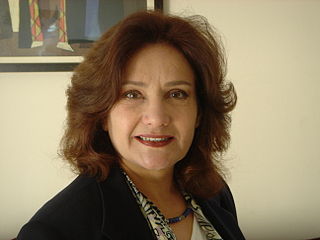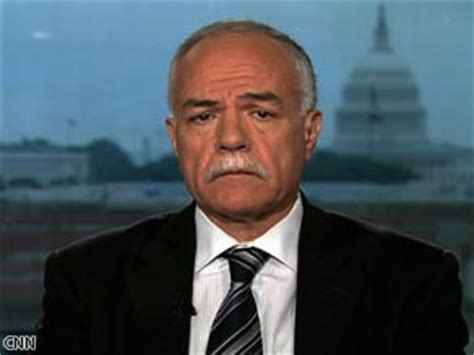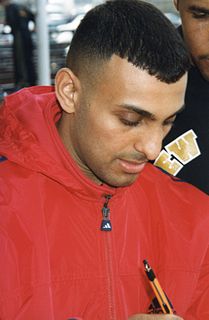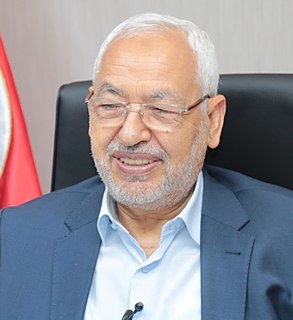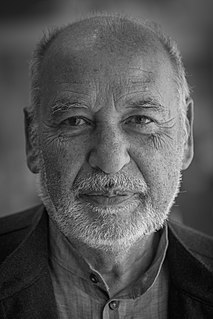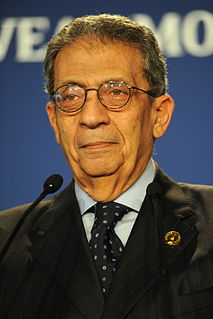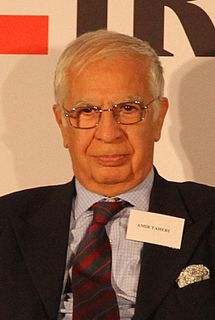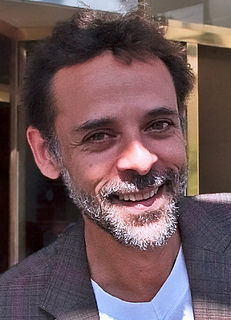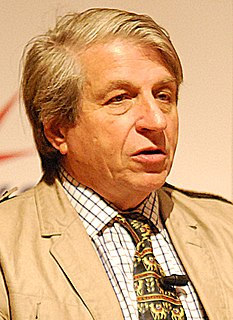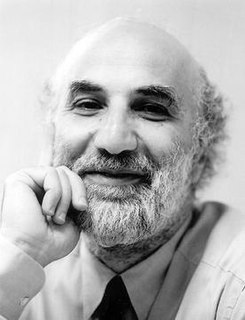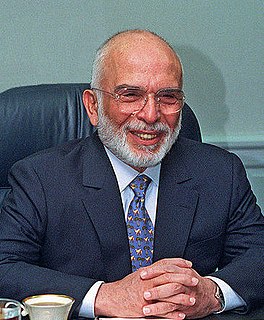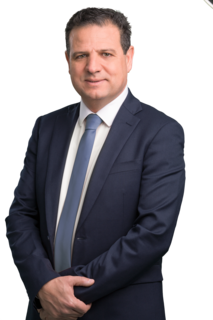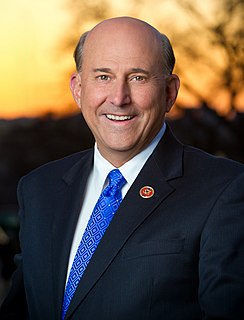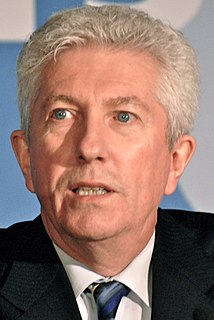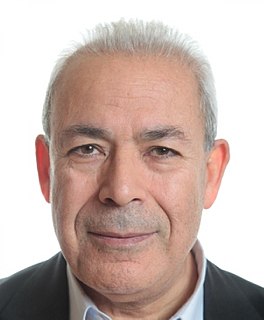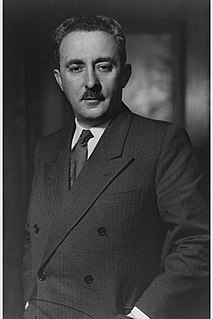Top 1200 Arab Spring Quotes & Sayings - Page 2
Explore popular Arab Spring quotes.
Last updated on April 17, 2025.
I am familiar with what goes on in the Arab countries, and I'm sad to say that most of us want to annihilate Israel. We want to kill all the Israelis... Do you know what they used to say in the mosques in Egypt? "We want to go to the White House and turn it into the Islamic House..." We call upon the Arab countries to stop teaching hatred to the Arab children.
Jordan is many different things and there's many different parts of it. We don't ever really get to see a modern Arab city, a part of the Arab world where people are seemingly living their lives like everywhere else and also just a part of the Arab world that's surprisingly Americanized, with fast-food joints everywhere and shopping malls. Over the 30 years I've been traveling there, I really saw it grow and become modernized and much more Americanized in a way that surprised me as an Arab-American.
In many parts of the world, including the Arab world, the Latin American world, and even parts of the Western world, there is a tradition of writers being quite engaged. Particularly in the Arab world you have had very, very strong traditions of literature and poetry and most of the writers have been deeply committed to the cause of the Arab nation.
We could not guard every water pipeline from being blown up and every tree from being uprooted. We could not prevent every murder of a worker in an orchard or a family in their beds. But it was in our power to set high price for our blood, a price too high for the Arab community, the Arab army, or the Arab governments to think it worth paying... It was in our power to cause the Arab governments to renounce 'the policy of strength' toward Israel by turning it into a demonstration of weakness.
Saudi Arabia is the most fragile of all Arab states, though we're not saying so. And, unfortunately, bin Laden puts his finger on the other longstanding injustices in the Arab world: the continued occupation of Palestinian land by the Israelis; the enormous, constant Arab anger with the tens of thousands of Iraqi children who are dying under sanctions; the feelings of humiliation of millions of Arabs living under petty dictators, almost all of whom are propped up by the West.
Syria is a civil war. Syria began as a popular uprising, just like the other experiences in the Arab Spring, with a repressive government that responded by basically killing the protesters. It's not a genocide, it's a war, and there's a difference. Genocide is a preplanned attack on people because of who they are. This is a interstate conflict.
Jewish villages were built in the place of Arab villages. You do not even know the names of these Arab villages, and I do not blame you, because these geography books no longer exist; not only do the books not exist, the Arab villages are not there either. Nahalal arose in the place of Mahalul, Gevat - in the place of Jibta, Sarid - in the place of Haneifs and Kefar Yehoshua - in the place of Tell Shaman. There is no one place built in this country that did not have a former Arab population.
Traditionally Marxism attracts the oppressed. This, however, is not the case in the Arab nation... The socialist programs in Arab history did not always come from the poor, but from men who had known no oppression and became the leaders of the poor. The Arab nation has never been as class-conscious as other nations.
Some socialist movements in Egypt, Tunisia and Bahrain, for instance, were genuine. I was making films about the so-called Arab Spring, and I'm well aware of how complex the situation really was. But it goes without saying is that the West immediately infiltrated and 'derailed' the revolutions, turning them into what you have described.
You can understand Tunisia revolution as a failure to censor the internet. And Libya had that failure too. It's very difficult for governments that are autocratic and don't have broad popular support to be in power when a lot of people have these devices. That was what Arab Spring was about, that people could express this and lead to revolution.
Flower god, god of the spring, beautiful, bountiful,
Cold-dyed shield in the sky, lover of versicles,
Here I wander in April
Cold, grey-headed; and still to my
Heart, Spring comes with a bound, Spring the deliverer,
Spring, song-leader in woods, chorally resonant;
Spring, flower-planter in meadows,
Child-conductor in willowy
Fields deep dotted with bloom, daisies and crocuses:
Here that child from his heart drinks of eternity:
O child, happy are children!
Poets and songwriters speak highly of spring as one of the great joys of life in the temperate zone, but in the real world most of spring is disappointing. We looked forward to it too long, and the spring we had in mind in February was warmer and dryer than the actual spring when it finally arrives. We'd expected it to be a whole season, like winter, instead of a handful of separate moments and single afternoons.
I am a supporter of much of the Arab Spring, as a matter of indigenous self-determination. So, I see the United States' role in Libya as an appropriately restrained one in providing some international support for the work of those trying to bring democratic change against a regime that has undoubtedly been dictatorial, particularly in the past twenty years.
I can understand the idea that there is a conspiracy. In fact, in much of the world there is a sense of an ultra-powerful CIA manipulating everything that happens, such as running the Arab Spring, running the Pakistani Taliban, etc. That is just nonsense. They [CIA] created a monster and now they are appalled by it.
I'm from a Lebanese-American family. And I've been had lot of contacts and - with Arab-American community, especially Arab-American filmmakers and actors and so forth. It's a community that, a minority that really hasn't been heard from enough. And so many of the stories that are told about Arab-Americans these days are just negative portrayals in the news, but also in television and film. So we're - we set out to try and offset some of those stereotypes.
Look at what has occurred in history. When the Berlin Wall fell, it was not surprising, but it was unexpected. Who predicted the Arab Spring? Nobody expected it, but all the ingredients were there. I think all the ingredients are also there for Quebec to become a country. But when? That's another question.
The Arab Spring, with all of its failings and failures, exposed the lie that if we are to live, then we must live as slaves. It was an attempt to undermine not only the orthodoxy of dictatorship but also an international political orthodoxy where every activity must be approved by the profit logic of the 'ledger.'
With the Arab Spring, came a great deal of hope that there would be a change towards more moderation, and opportunity for greater participation on the part of women in public life, and in economic life in the Middle East. But instead, we've seen in nation after nation, a number of disturbing events.
Mubarak would meet with me when I was at Central Command. He would lean and put his hand on my knee, as if a father figure, and say, 'General, don't ever forget the Arab Street. Listen to the Arab Street.' I'd like to go to him now and say, 'Mr. President, what about that Arab Street, what's that all about?'
The current relationship between Syria and Iran is abnormal. It is unprecedented in Syria's foreign policy history. A new Syria will be an indispensable part of the Arab League and it will work on improving the role of the Arab League and the role of Arab states regionally, specifically because they took a historic and unprecedented decision to back the Syrian people.
